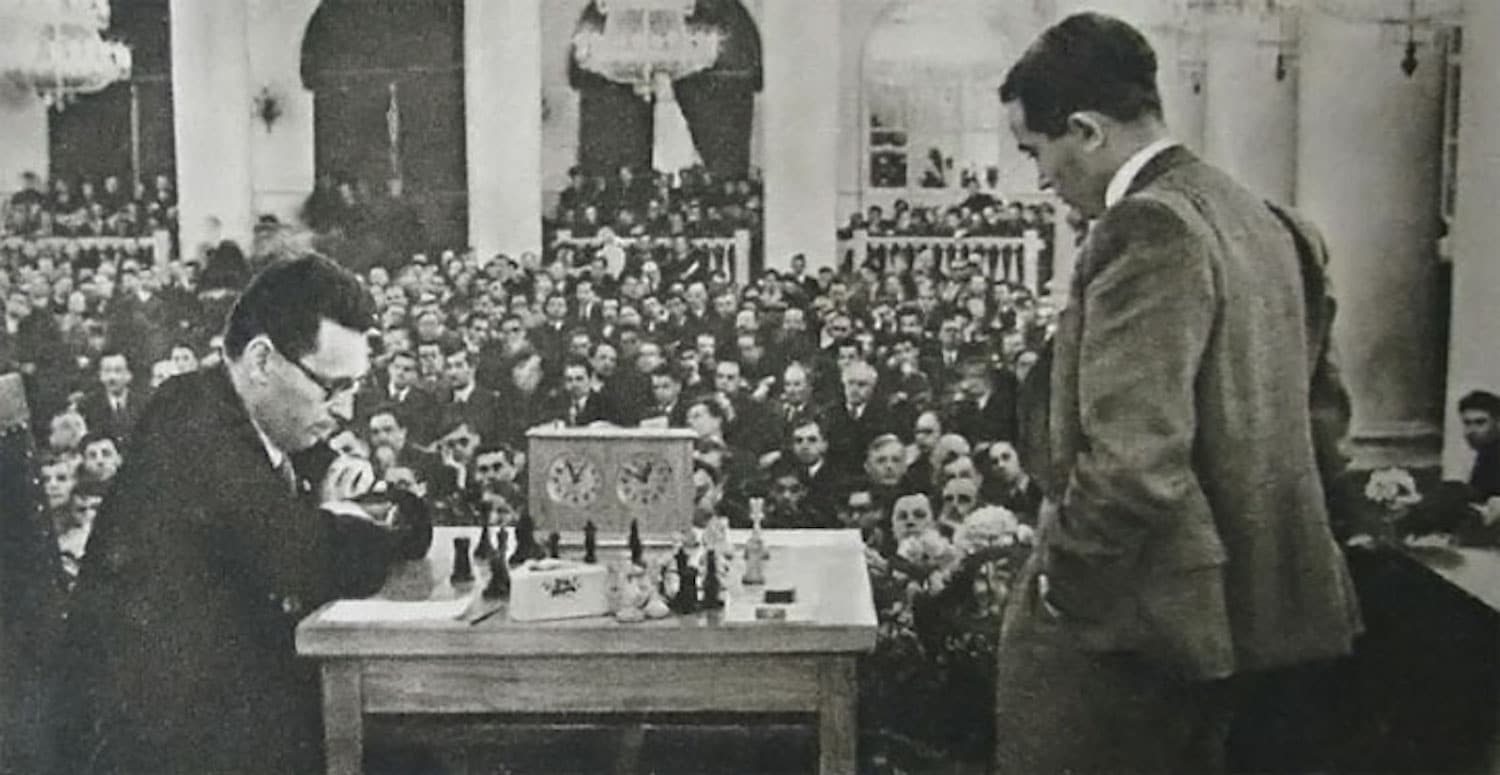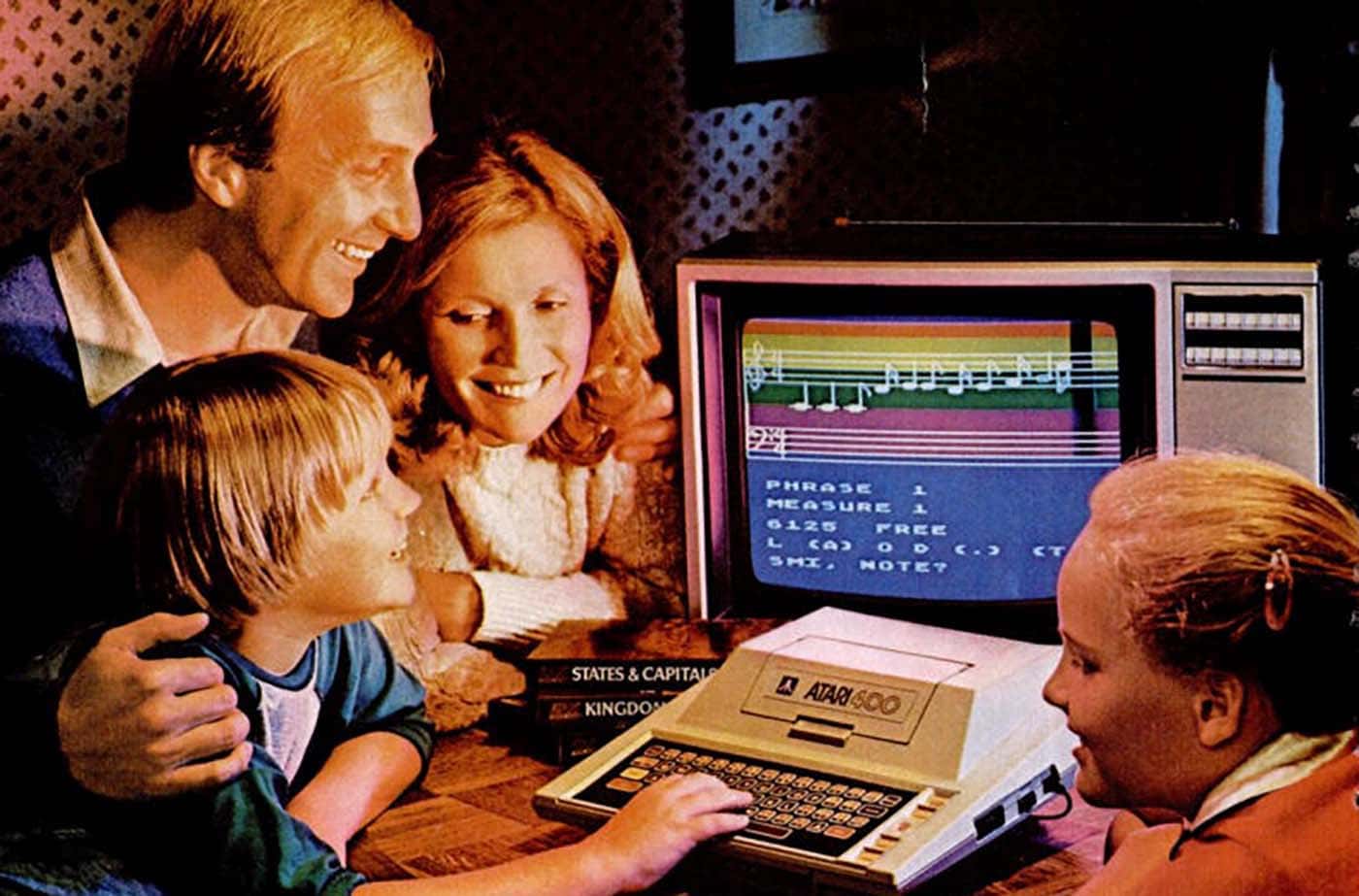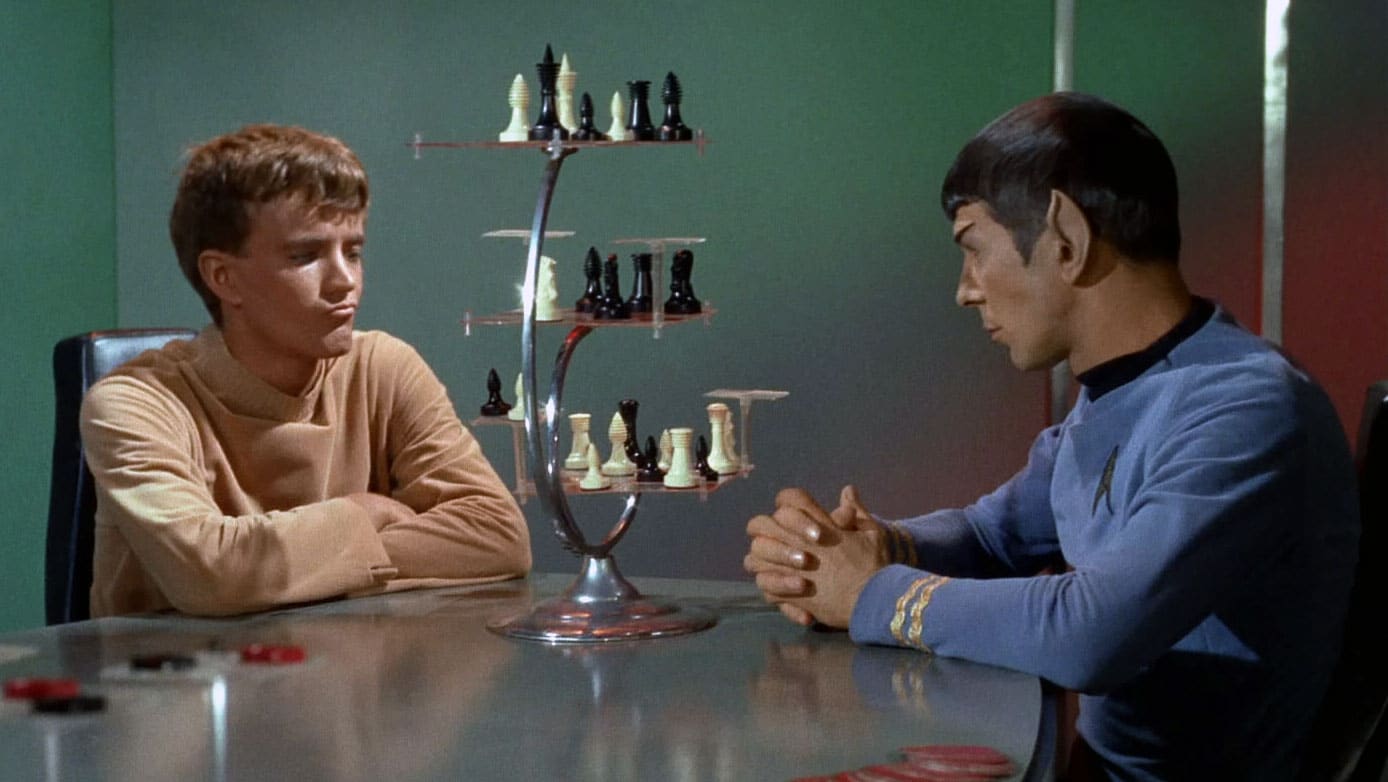A Library of Chess Moves?
From about the 16th century, chess players started keeping fastidious records of all the games they played. They would write down every move they made and every move their opponents name. Not a single move our counter move our counter-counter-counter moved would be left out of their game notes.
By the 1950s, the Moscow Central Chess Club had amassed a literal library of chess moves!
The library was a huge musty room, full shelves on which sat little boxes. Each of these boxes contained little index cards documenting all the moves that been used in a particular game of chess sometime in the past.










